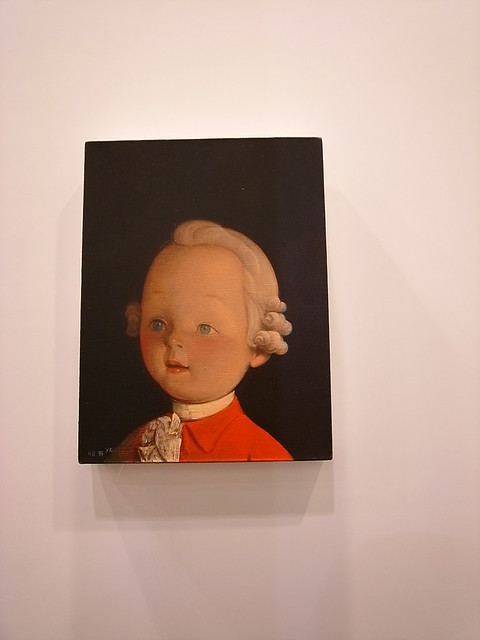Hi All,
Hope you all had a great spring break!
I uploaded this to the YouTube, please do not share this link to others without permission. Thank you.
Also, I added in annotations as well.
Enjoy!!!
Looking forward to seeing you all!!!! 😀
https://youtu.be/wmSYWZDVnnU
A little bit history and information about Mardi Gras, which we didn’t have time to go through. You can see the reason we collaborated with the French department.
The city New Orleans is named after the Duke of Orleans, who reigned as Regent for Louis XV from 1715 to 1723, as it was established by French colonists and strongly influenced by their European culture. It is well known for its distinct French and Spanish Creole architecture, as well as its cross-cultural and multilingual heritage. New Orleans is also famous for its cuisine, music (particularly as the birthplace of jazz), and its annual celebrations and festivals, most notably Mardi Gras, dating to French colonial times. The city is often referred to as the “most unique” in the United States.
Mardi Gras (meaning “Fat Tuesday”) is an annual Carnival celebration in the Southeast United States in New Orleans, LA.
1972 was the last year in which large parades went through the narrow streets of the city’s French Quarter section; larger floats, crowds, and fire safety concerns led the city government to prohibit parades in the Quarter. Major parades now skirt the French Quarter along Canal Street.
In 1856 six businessmen gathered at a club room in New Orlean’s French Quarter to organize a secret society to observe Mardi Gras with a formal parade. They founded New Orleans’ first and oldest krewe, the Mystick Krewe of Comus. According to one historian, “Comus was aggressively English in its celebration of what New Orleans had always considered a French festival. It is hard to think of a clearer assertion than this parade that the lead in the holiday had passed from French-speakers to Anglo-Americans. . . .To a certain extent, Americans ‘Americanized’ New Orleans and its Creoles. To a certain extent, New Orleans ‘creolized’ the Americans.
n 1875 Louisiana declared Mardi Gras a legal state holiday. War, economic, political, and weather conditions sometimes led to cancellation of some or all major parades, especially during the American Civil War, World War I and World War II, but the city has always celebrated Carnival.


